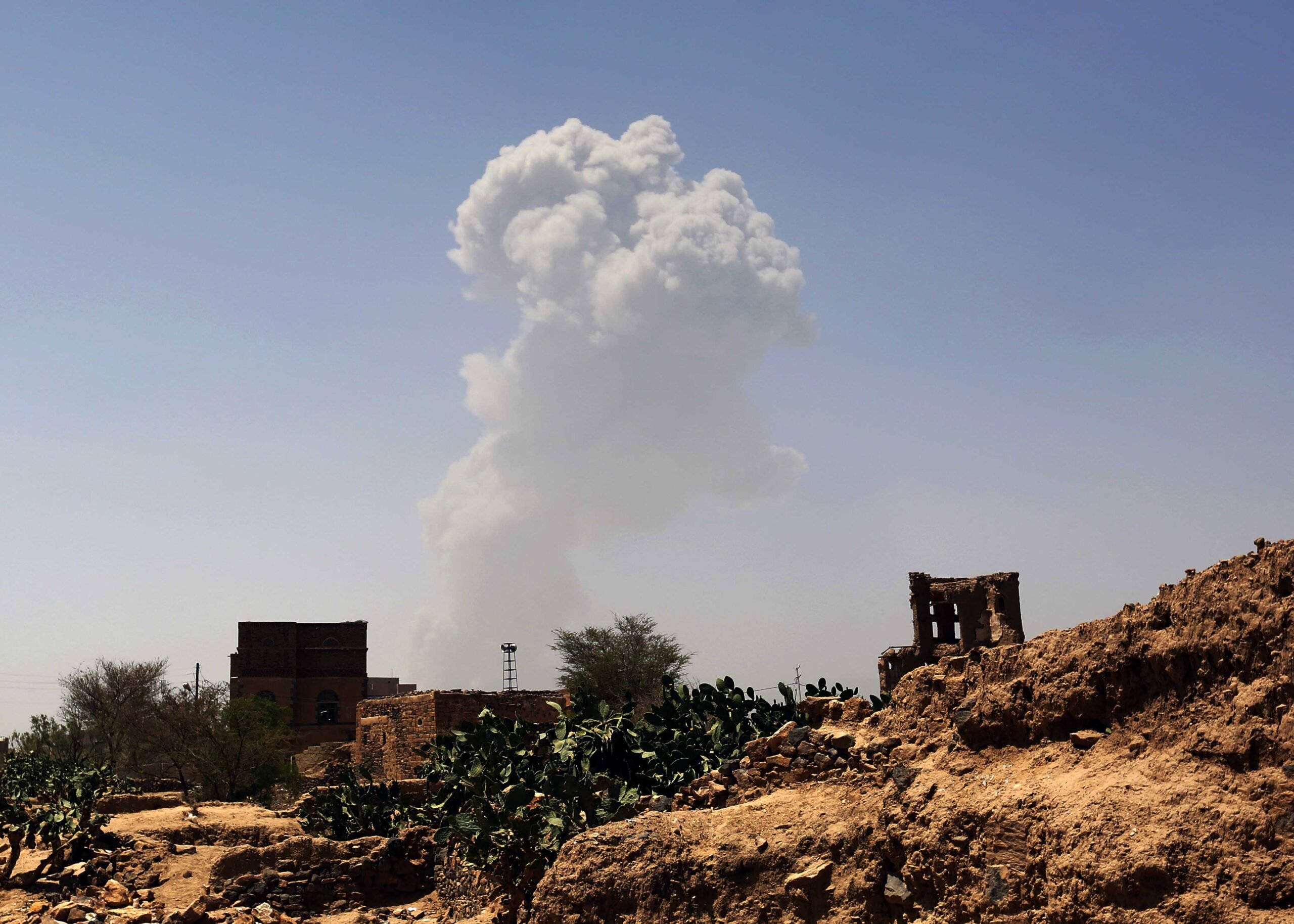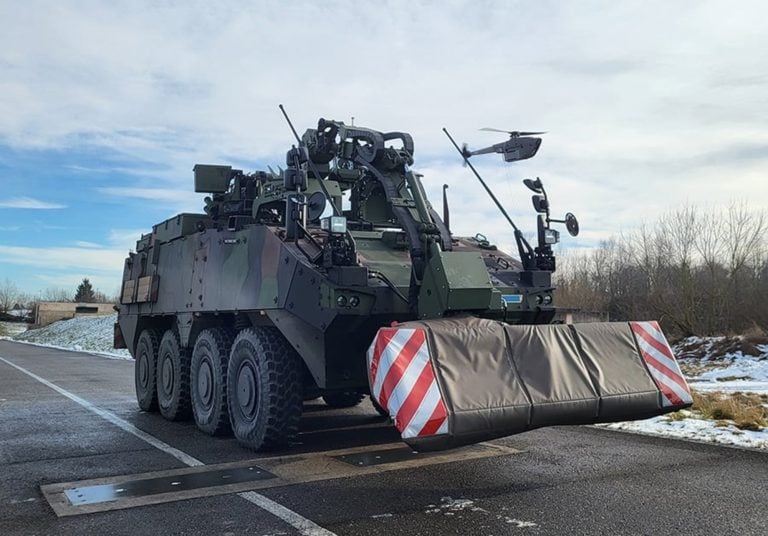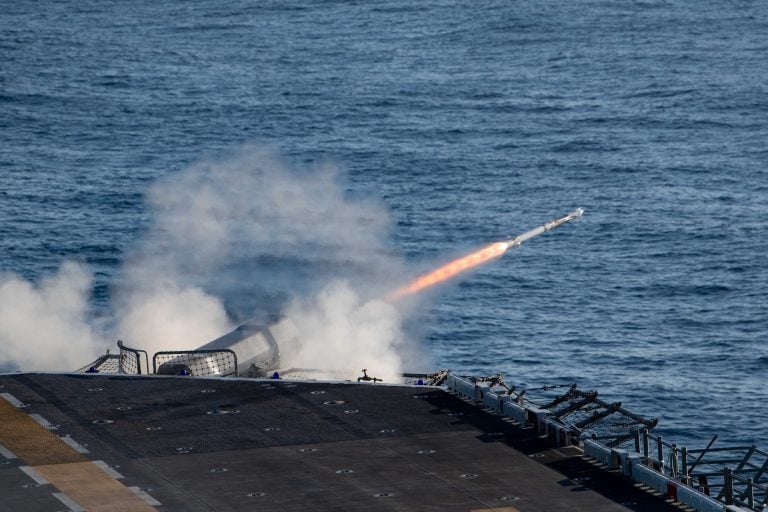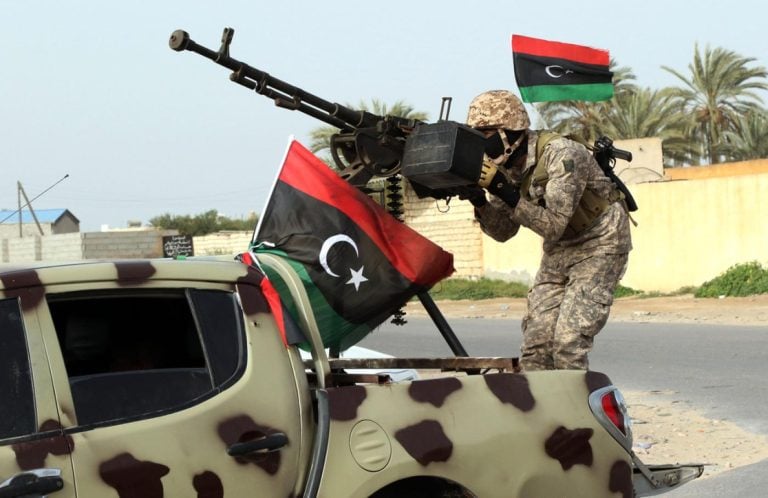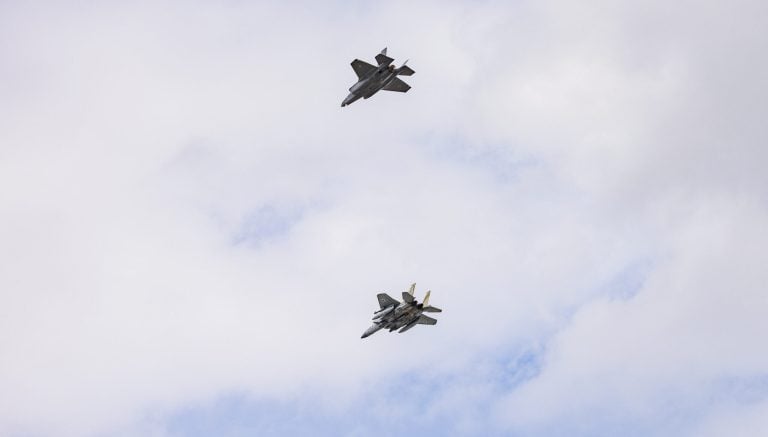Israel’s military confirmed on Thursday that it successfully intercepted a missile fired from Yemen, marking escalating tensions in the ongoing conflict following a series of airstrikes conducted by Israeli forces a day earlier. The airstrikes reportedly resulted in significant casualties, with at least 35 individuals killed and more than 130 injured, according to officials from the Houthi rebel group.
While no group immediately claimed responsibility for the missile attack on Israel, the Iran-backed Houthi rebels have been active in targeting Israeli territory with missiles and drones since the onset of the Gaza conflict triggered by Hamas’s attack on Israel in October 2023. Israel’s army announced via Telegram that several areas within the country had activated air raid sirens shortly before the interception occurred.
The Israeli airstrikes that preceded the missile incident targeted the Houthi military operations in Sanaa, the capital held by the rebels. In their confirmation of the airstrikes, the Houthi health ministry’s spokesperson, Anees Alasbahi, provided a breakdown of the casualties, stating that 28 of those killed were in Sanaa, while the remaining seven fatalities occurred in Jawf province, which directly borders Saudi Arabia. These figures are reportedly not exhaustive and may continue to rise.
The airstrikes follow a significant event last month, where Houthi officials—including their prime minister and several ministers—were killed during a government meeting. These deaths marked some of the most notable assassinations of Houthi leadership amid ongoing hostilities with Israeli forces.
In the aftermath of the airstrikes, Houthi military spokesman Yahya Saree claimed that journalists working for local newspapers were among those killed during the strikes in Sanaa. The Israeli military specified that its targets included military camps, a fuel storage facility, and the armed forces’ media operations, asserting that these entities were integral to what it termed “the terrorist regime.”
Al-Masirah television, associated with the Houthis, reported damage from the strikes, including a hit on a Central Bank branch in Al-Hazm that resulted in injuries to employees. The Houthis announced a counter-response but provided few specifics about their air defense actions.
The recent escalation is part of a larger pattern; since the beginning of the Gaza war, the Houthis have frequently launched attacks on Israeli territory, culminating in a drone strike on Ramon airport in southern Israel that resulted in injuries. In retaliation, Israeli forces have targeted various infrastructures in Yemen, including ports, power stations, and the international airport in Sanaa. The cycle of violence continues to unfold, with both sides engaging in reciprocal strikes in a volatile military landscape.
